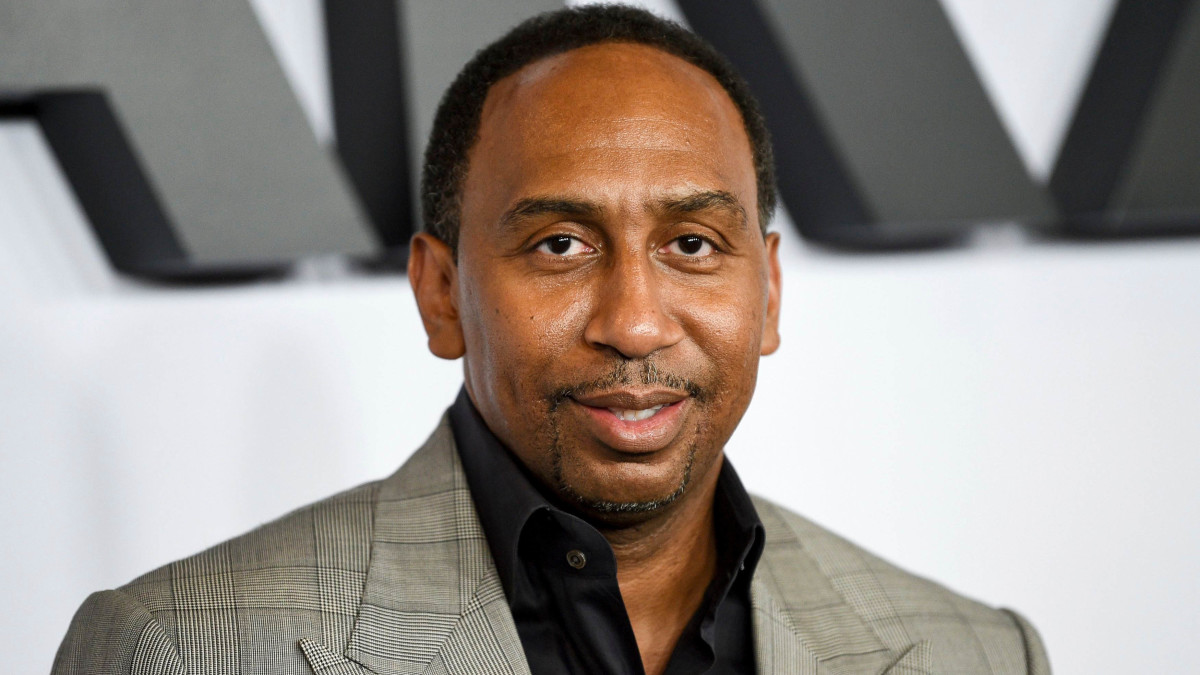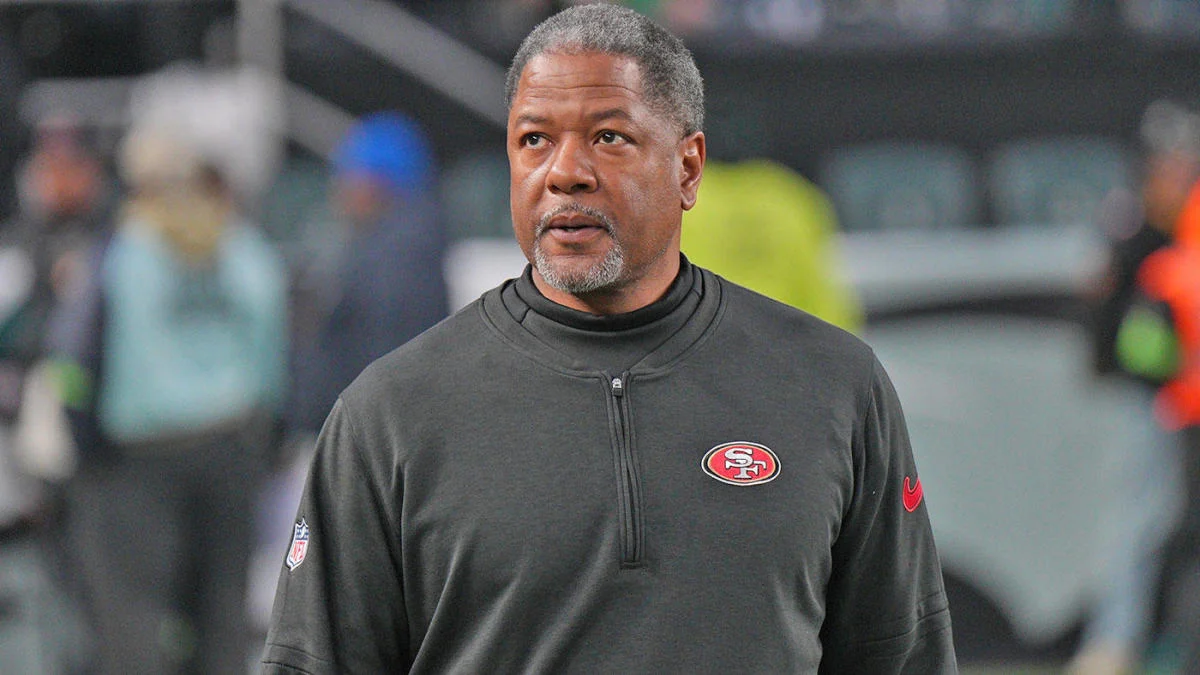The aftermath of the San Francisco 49ers’ collapse in Super Bowl LVIII saw defensive coordinator Steve Wilks become the sacrificial figure, as announced by Kyle Shanahan in a recent conference call. The response to this decision has been varied, reflecting the mixed sentiments surrounding Wilks’ tenure.
Despite the abundance of talent on San Francisco’s defense, it exhibited both remarkable performances and inexplicable failures. The NFC Championship Game against the Detroit Lions showcased the team’s potential wastage of talent in the first half, followed by a powerful display in the second half. As Wilks was accountable for both halves, opinions on his dismissal differ.

However, what surprises many is that Wilks is facing consequences despite a commendable Super Bowl performance. The 49ers limited the Kansas City Chiefs and Patrick Mahomes to only 19 points in regulation, even with the adversity of losing Dre Greenlaw to a significant injury in the first half. While some criticism exists for the overtime blitz call that allowed Mahomes an easy completion to Rashee Rice, overall, it’s challenging to fault Wilks for such a strong defensive showing.
Nevertheless, the NFL is results-driven, and the 49ers lost the Super Bowl. Stephen A. Smith expressed strong disapproval of Wilks’ dismissal on First Take, asserting that he believes Wilks was unfairly treated.

While Smith raises valid points about Shanahan’s performance, particularly in Super Bowls, evaluating Wilks becomes subjective. Despite statistically strong defensive performance, there were instances where the unit inexplicably faltered. The inconsistency led to questions about Wilks’ ability to extract more consistent play from the talented roster. Firing a coordinator after just one year is a delicate matter, as it often takes time for individuals to acclimate to schemes and terminology.
In the end, the decision to let Wilks go reflects the urgency for accountability in the wake of a Super Bowl loss. Whether it was Wilks this time, Shanahan himself might face scrutiny in the future if similar outcomes occur.









